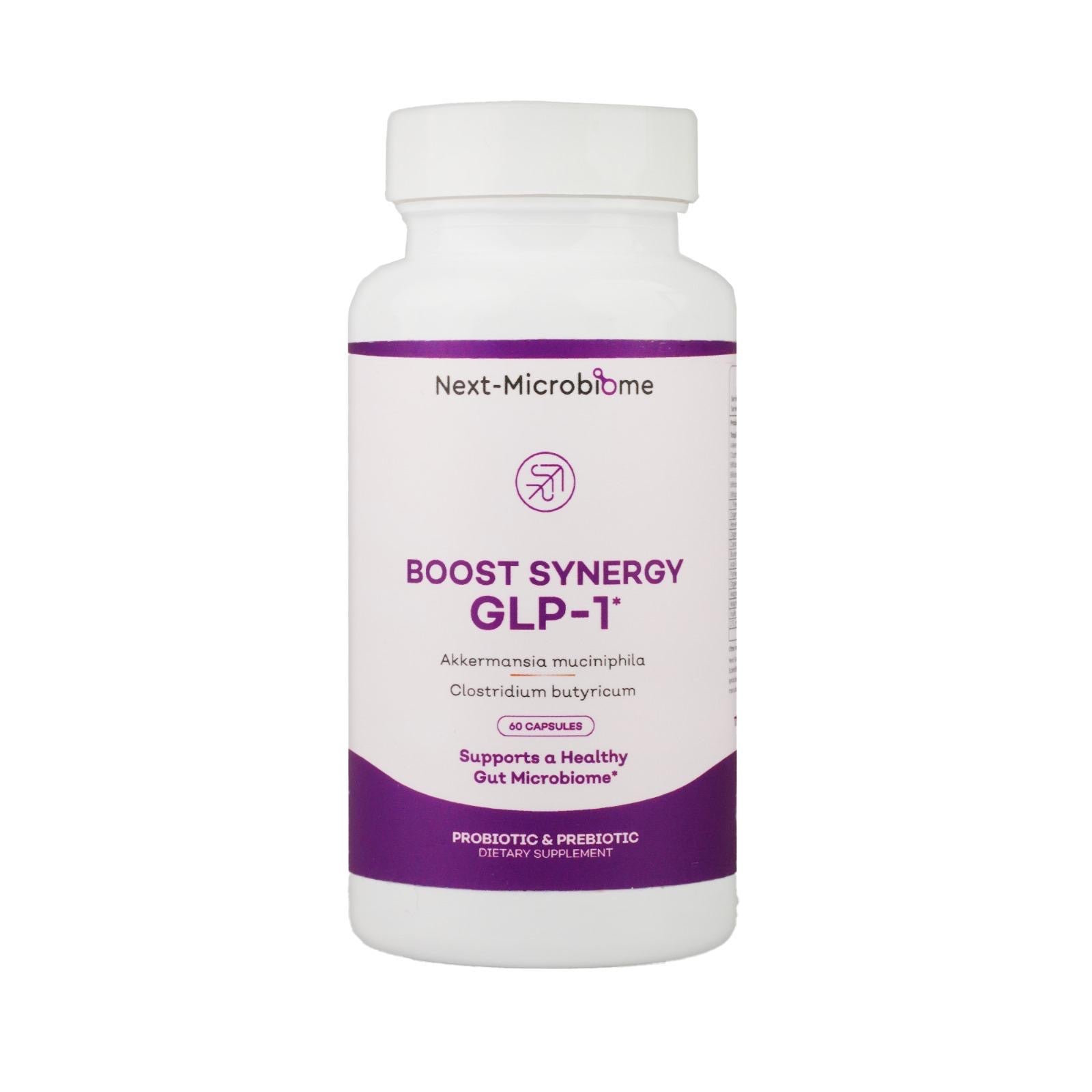
Can Probiotics Help Thyroid Function?
1. When the Thyroid Whispers for Help
Leyla didn’t know what was wrong.
She was exhausted, cold, and losing hair. Her doctor finally said the word she’d feared: hypothyroidism.
Medication helped—but not completely.
Then, one evening, she stumbled on a phrase that changed everything:
“The gut–thyroid connection.”
Could her tired thyroid really be connected to her digestion?
Science says yes.
2. The Thyroid: Small Gland, Big Power
Your thyroid is a butterfly-shaped organ sitting quietly in your neck. Yet it controls your metabolism, energy, and warmth through hormones called T4 and T3.
When the gland slows down, every cell in your body slows too.
Hypothyroidism (an underactive thyroid) and Hashimoto’s disease (autoimmune thyroid inflammation) are increasingly common—especially in women.
Doctors focus on hormones, but a new generation of research points to another control center: your gut microbiota.
3. The Hidden Network: Gut and Thyroid
Your gut hosts over 100 trillion microorganisms—a living ecosystem called the microbiome.
These bacteria digest food, produce vitamins, shape immunity, and send messages across your body—including to your thyroid.
Scientists call it the gut–thyroid axis.
How your gut talks to your thyroid
-
Nutrient absorption: Your microbiome helps absorb iodine, selenium, zinc, and iron—vital for thyroid hormone production.
-
Immune balance: 70 % of your immune cells live near your intestines. A healthy gut teaches them tolerance; a leaky gut fuels autoimmune attacks.
-
Metabolic signals: Short-chain fatty acids (SCFAs) produced by good bacteria help regulate inflammation and hormone conversion.
When this dialogue breaks, the thyroid often pays the price.
4. When the Gut Falters, the Thyroid Suffers
Leyla’s story mirrors what many experience.
Years of antibiotics, processed food, and stress damaged her gut flora.
Her digestion worsened, her immune system overreacted, and antibodies began attacking her thyroid tissue.
This isn’t coincidence—studies show people with Hashimoto’s thyroiditis often have disrupted gut bacteria and increased intestinal permeability.
A leaky gut can lead to immune confusion, making the thyroid an unintended target.
5. The Promise of Probiotics
Probiotics are live, beneficial bacteria that can restore gut balance.
But can they really help thyroid function?
In animal studies
-
Mice without gut bacteria often have low thyroid hormones and high TSH.
-
Giving probiotics like Lactobacillus reuteri improved hormone levels and energy.
-
Bifidobacterium longum reduced autoimmune activity in thyroid-inflamed animals.
In humans
Results are promising but modest.
-
Small trials in hypothyroid and Hashimoto’s patients show improved digestion, reduced fatigue, and steadier TSH levels.
-
In Graves’ disease, probiotics helped normalize hormones faster and lowered antibodies when combined with standard therapy.
-
Most importantly, probiotics don’t interfere with levo-thyroxine when taken a few hours apart.
The evidence isn’t definitive—but the trend is clear: a balanced gut supports a balanced thyroid.
6. How Probiotics May Support Thyroid Health
Let’s simplify the biology.
| What the Thyroid Needs | How Probiotics Help |
|---|---|
| Iodine, selenium, and zinc | Improve nutrient absorption |
| A calm immune system | Increase regulatory T-cells and lower inflammation |
| Protection from oxidative stress | Produce antioxidants and SCFAs |
| Efficient hormone recycling | Support enterohepatic circulation |
| Stable digestion | Reduce bloating, constipation, and dysbiosis |
Probiotics don’t create hormones; they create conditions where your thyroid can thrive.
7. The Bigger Picture: Your Lifestyle Is the Soil
Probiotics are powerful, but they need the right environment—just as seeds need healthy soil.
Feed your microbiome:
-
Eat fiber-rich plants (veggies, oats, legumes, fruits).
-
Include fermented foods (kefir, kimchi, sauerkraut).
-
Avoid ultra-processed, high-sugar snacks.
-
Manage stress and sleep well—your microbes feel it too.
-
Limit unnecessary antibiotics or acid-blocking drugs.
Your daily choices build the stage where both your gut and thyroid perform.
8. Choosing a Probiotic Wisely (with Real Products That Work)
If Leyla were choosing today, she wouldn’t grab a random supermarket bottle.
She’d look for evidence-based, clearly labeled options—like the Next-Microbiome line designed for whole-body microbial harmony:
🦠 Next-Microbiome Akkermansia Chewable (Novo 2.0)
Supports the oral-to-gut connection—the first step of digestion that affects your immune and metabolic health.
It features Akkermansia muciniphila, a next-generation probiotic studied for gut lining integrity and inflammation balance.
👉 Shop Akkermansia Chewable on Amazon
⚡ Boost Synergy GLP-1
Combines advanced probiotics and prebiotics that support metabolic balance, glucose control, and energy stability.
It pairs well with thyroid support because metabolic hormones and thyroid hormones often interact.
👉 Shop Boost Synergy GLP-1 on Amazon
🌙 Sleepy-Biome
Nighttime probiotic support that promotes relaxation, digestion, and circadian microbiome balance—crucial for thyroid hormone regulation during sleep cycles.
Timing Tips
-
Take your thyroid medication (e.g., levo-thyroxine) early morning on an empty stomach.
-
Take your Next-Microbiome probiotic with lunch or dinner, 2 hours later.
-
Continue daily for at least 6–8 weeks to allow gut adaptation.
Each product plays a different role in restoring rhythm—choose what fits your needs or rotate them seasonally for whole-system support.
9. What Probiotics Can and Can’t Do
✅ They can:
-
Improve digestion and nutrient absorption
-
Calm immune overactivity
-
Support stable thyroid hormone levels
-
Reduce bloating and fatigue
❌ They can’t:
-
Replace your thyroid medication
-
Cure autoimmune disease overnight
-
Work without a healthy lifestyle foundation
Think of them as gentle partners in a long-term healing plan.
10. The Science (In Plain English)
Modern studies show a few consistent findings:
-
People with thyroid disorders have a distinct gut microbiome—characterized by reduced diversity and an increased presence of inflammation-linked bacteria.
-
Probiotic use helps rebalance this ecosystem, sometimes improving hormone regulation and quality of life.
-
Specific strains matter, but so does consistency, diet, and timing.
-
Combining probiotics with prebiotics (like in Boost Synergy GLP-1) amplifies results.
In short: the thyroid listens closely to the gut’s conversation—and probiotics help that dialogue flow again.
11. Real-World Story: From Fatigue to Flow
After a year of small, steady changes, Leyla’s routine looks different.
Morning: thyroid pill, water, sunlight.
Lunch: Akkermansia Chewable, fiber-rich salad, deep breaths between bites.
Evening: a warm tea, a capsule of Sleepy-Biome, and eight hours of rest.
Her lab results? Stable.
Her mind? Sharper.
Her mood? Finally peaceful.
She didn’t chase a miracle; she built micro-balance—one habit, one probiotic, one meal at a time.
12. The Future of Thyroid Care
Scientists imagine a day when your doctor can test your microbiome and design a personalized probiotic formula for your thyroid type.
They’ll target specific bacterial pathways that regulate hormone metabolism and autoimmunity.
It’s the next evolution of functional medicine—one that sees your body not as organs in isolation, but as ecosystems in harmony.
Until then, evidence-based probiotics like Next-Microbiome Akkermansia Chewable, Boost Synergy GLP-1, and Sleepy-Biome represent today’s most advanced bridge between the gut and the thyroid.
13. The Take-Home Message
Your thyroid doesn’t work alone.
It listens to what happens in your gut—every meal, every microbe, every mood.
When your microbiota thrives, your thyroid finds its rhythm.
When it suffers, your energy fades.
Probiotics are not the cure, but they are the conversation starters—the living whispers that remind your thyroid it’s not alone.











